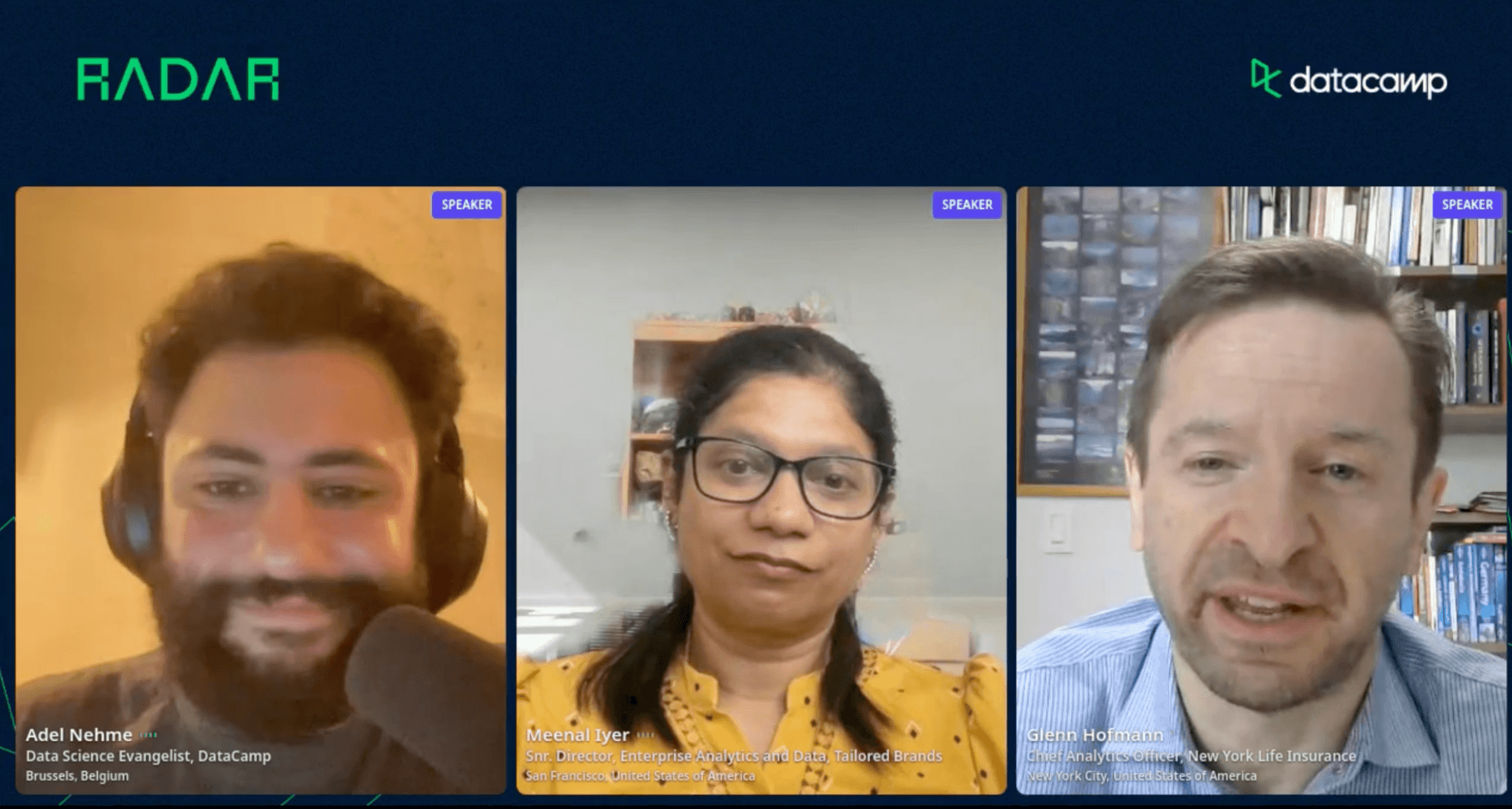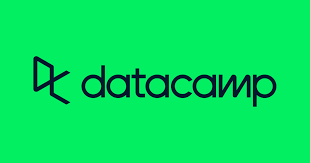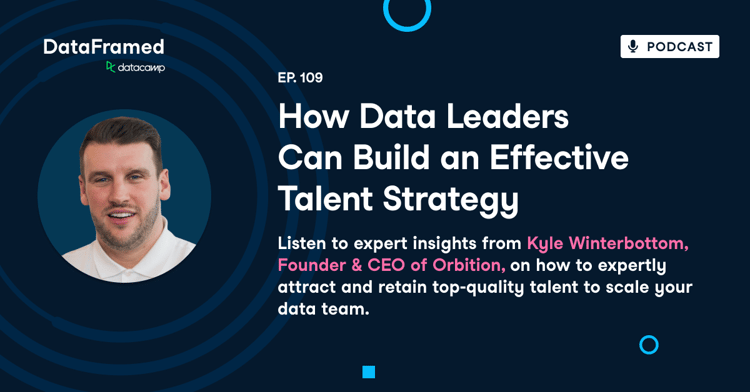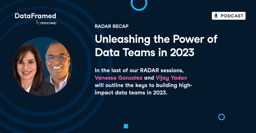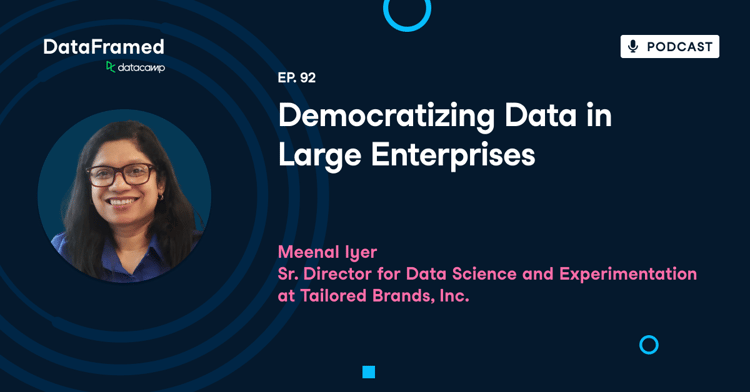“With the options that data professionals have, the nature of the company, the nature of the position, and the group culture matter a lot more. When I interview candidates today, I get a lot more questions on “How will my work be used? What does the company do for its customers? How does the work fit in with my values?” There’s a lot more focus on that today.” – Glenn Hofmann, Chief Analytics Officer at New York Life Insurance
Glenn Hofmann, Chief Analytics Officer at New York Life Insurance
“Go in and be the big fish in the small pond. Learn everything. The fun thing about joining smaller teams is the ability to look across functions, which might make you a much more efficient engineer or data scientist than if you go into FAANG.” — Meenal Iyer, VP of Data at Momentive.ai
Meenal Iyer, VP of Data at Momentive.ai
“Have real career conversations with them. That is such a great retention measure. What is your next step? What do you want to achieve? How can we plot a path for you? How can we get to the type of work you want to do?“– Glenn Hofmann, Chief Analytics Officer at New York Life Insurance
Glenn Hofmann, Chief Analytics Officer at New York Life Insurance
